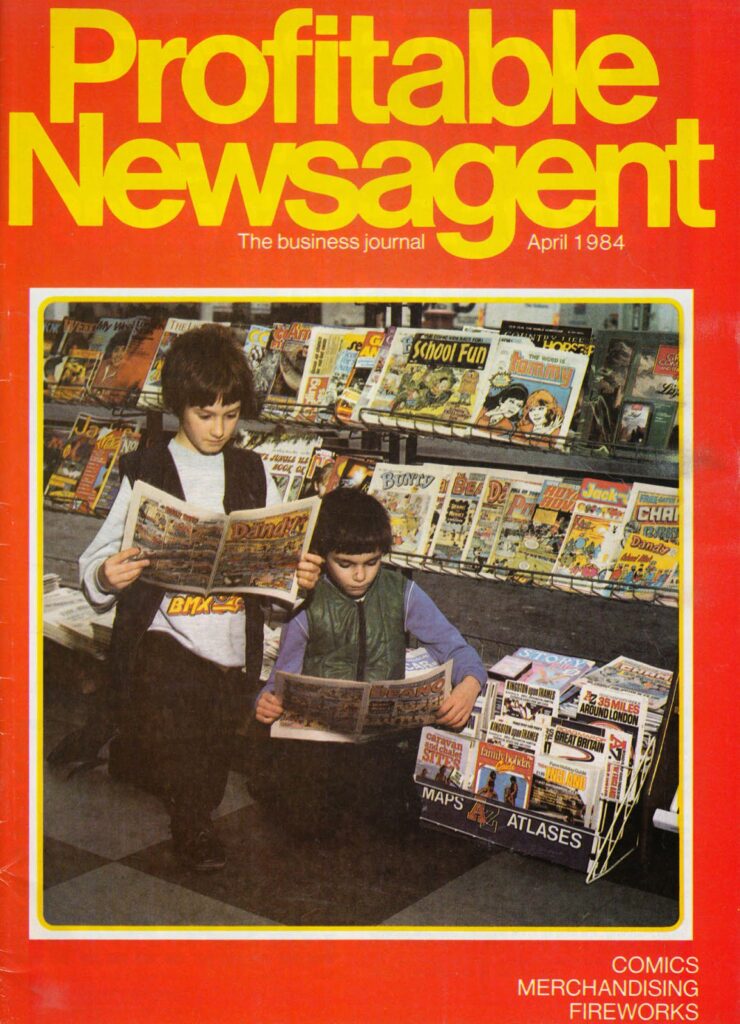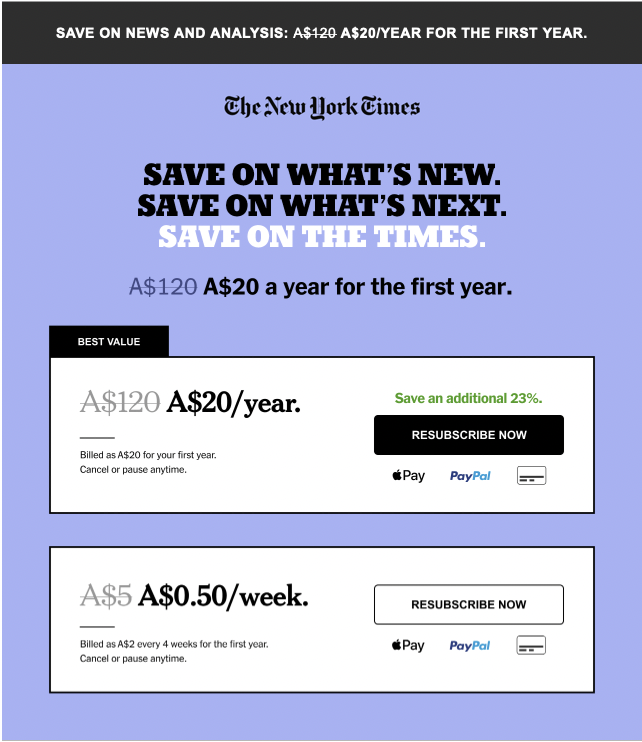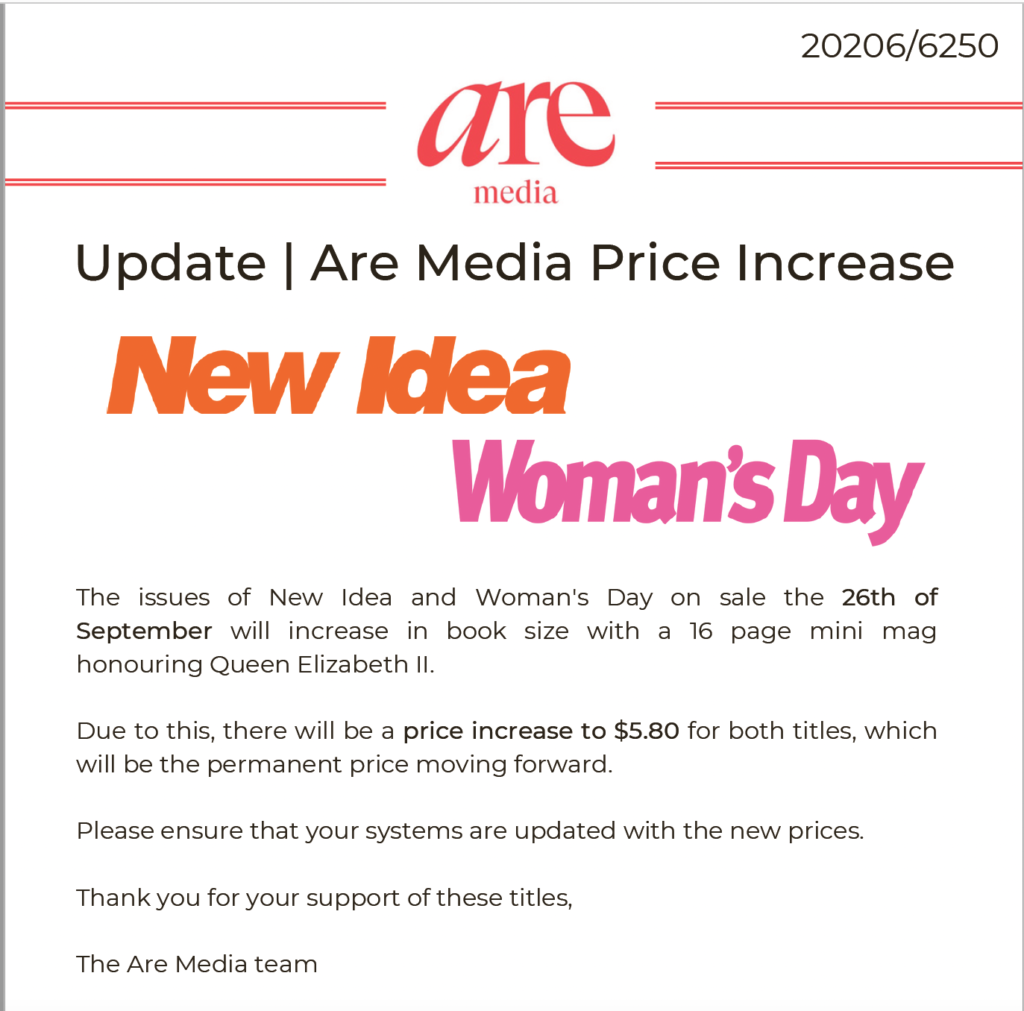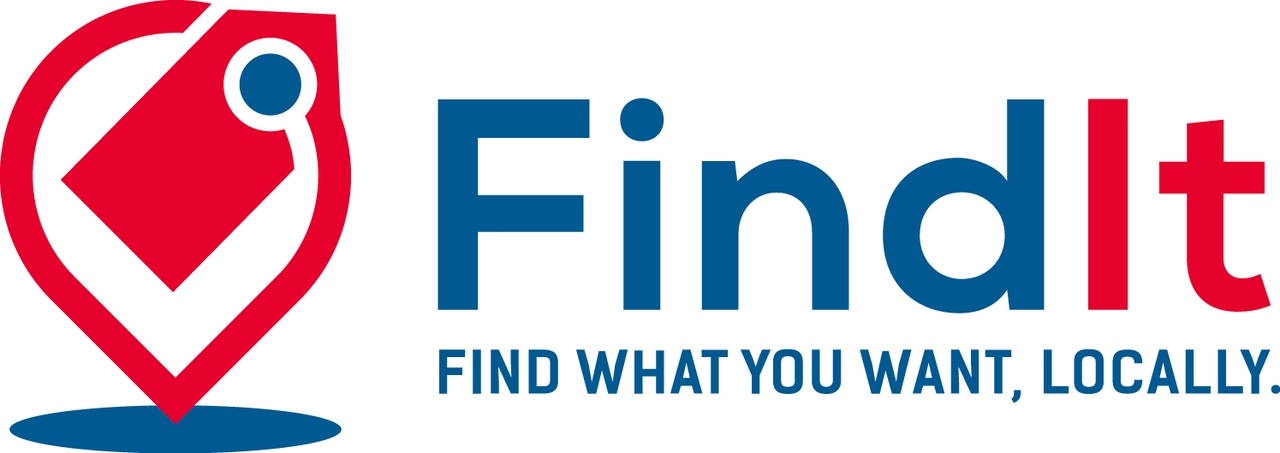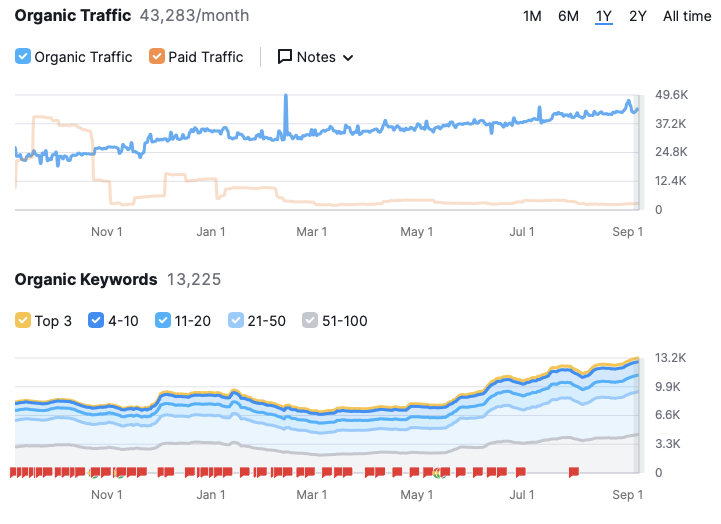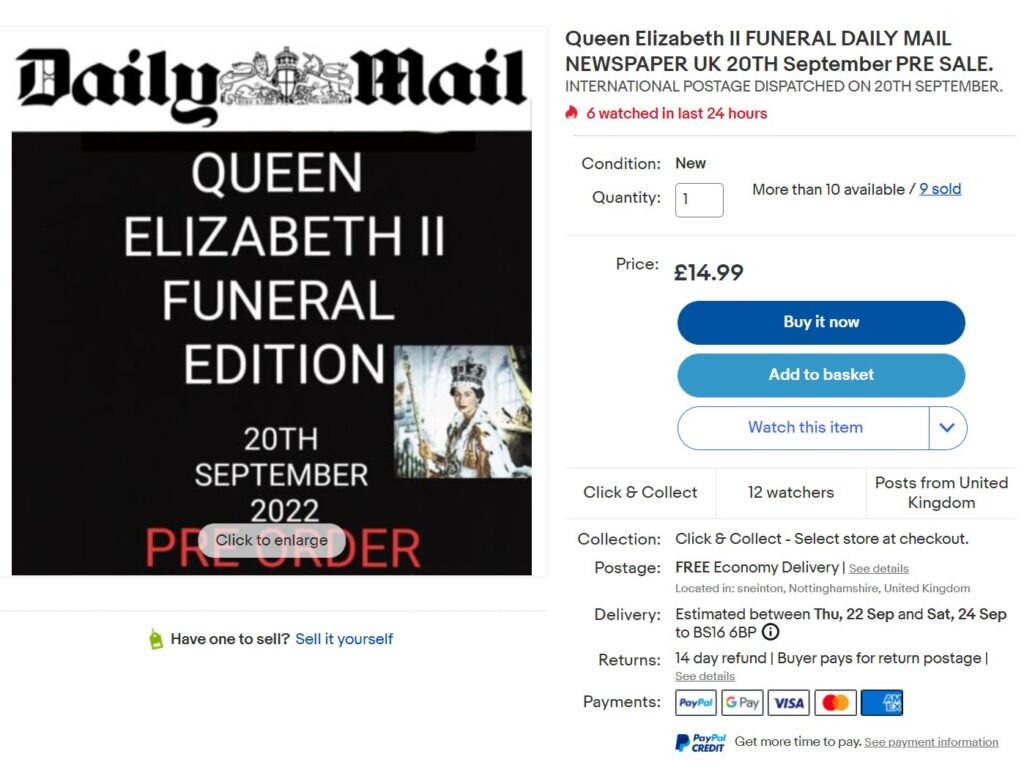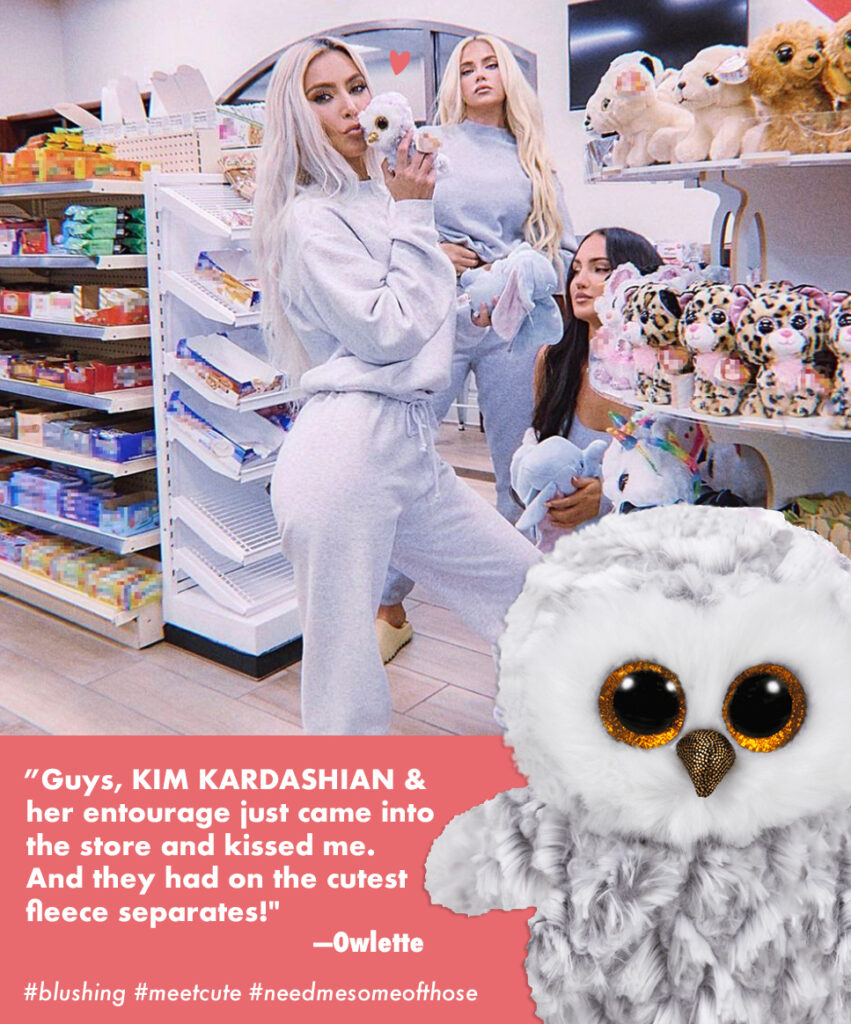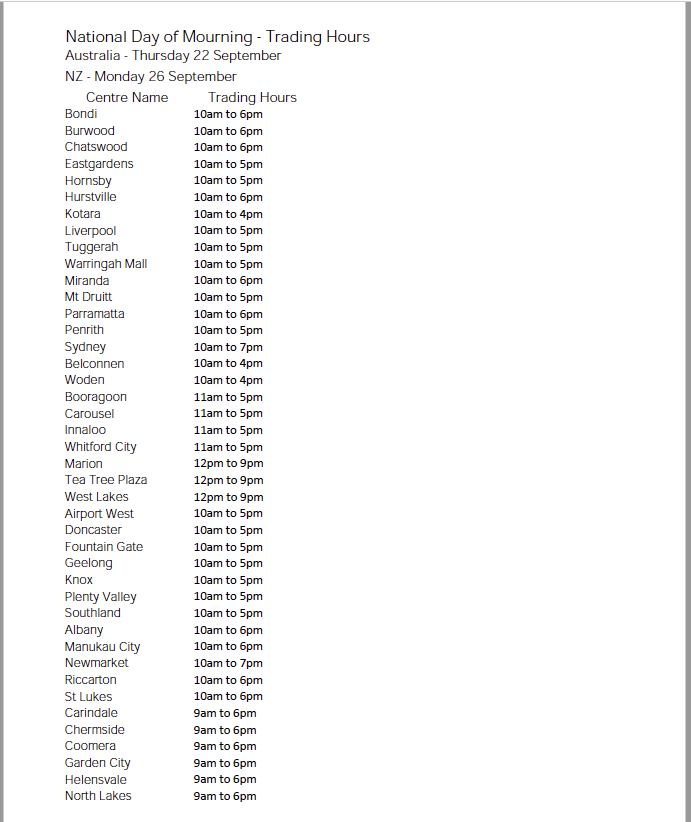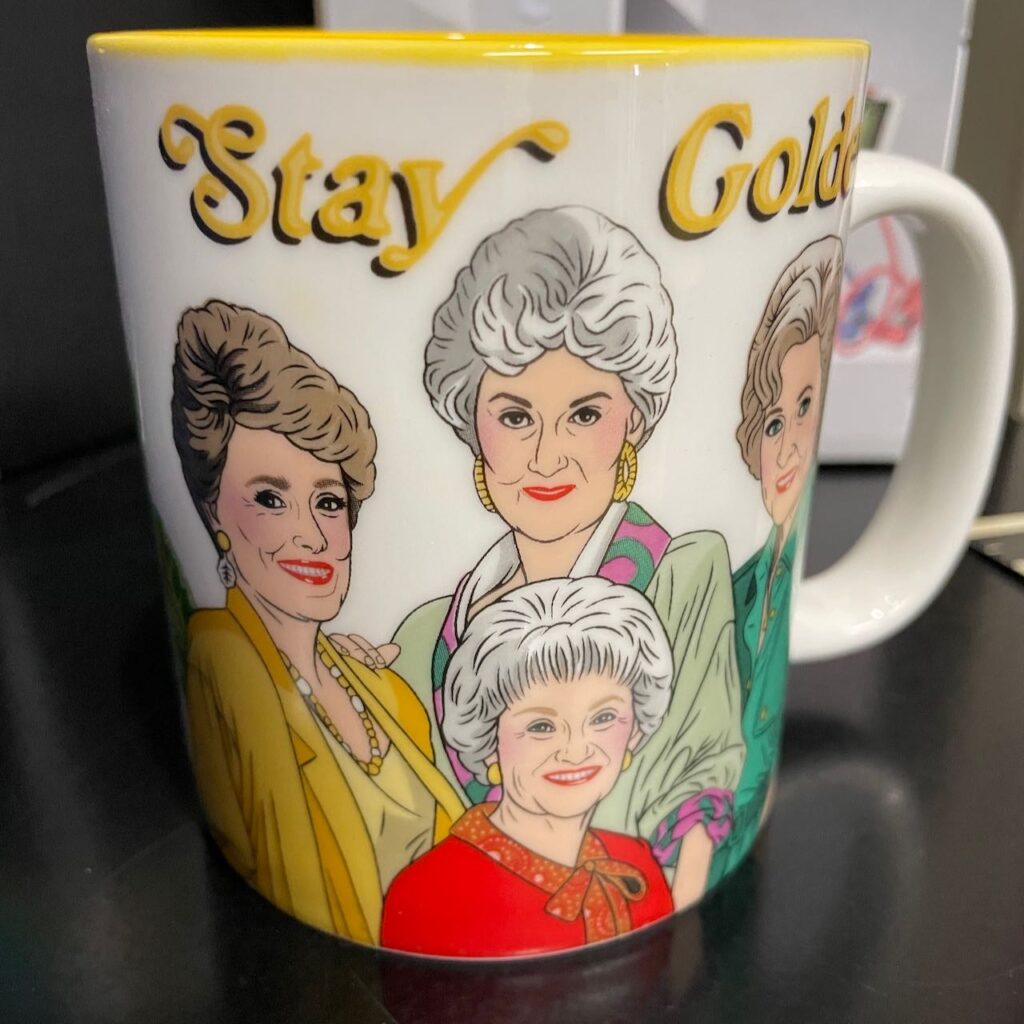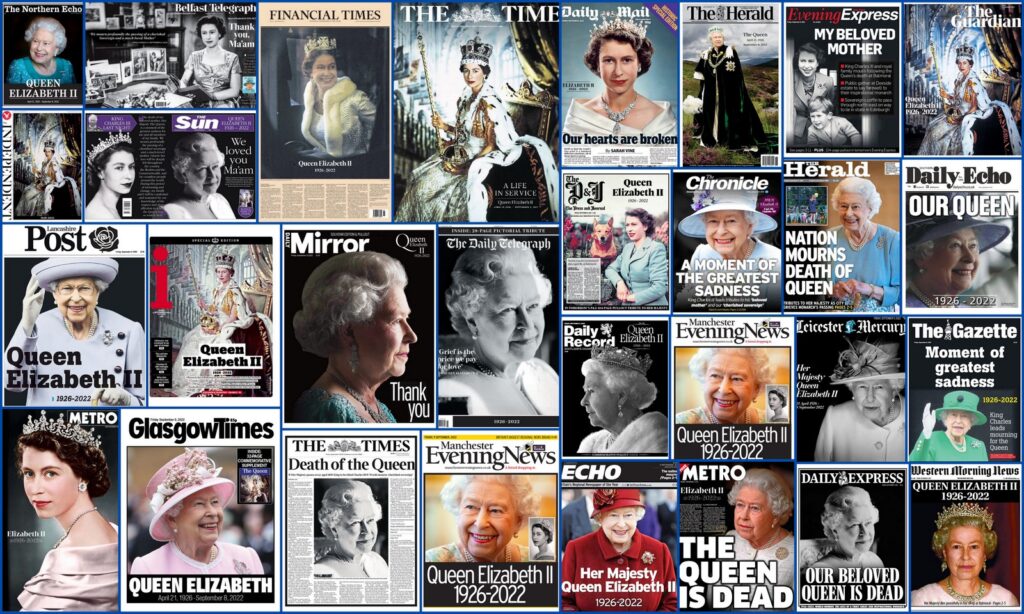Looking back 17 years
I’m not big on looking back, especially at past blog posts. This morning, though, searching for something else, I found this post from here, on September 28, 2005:
CRIKEY PUBLISHER SAYS NEWSPAPERS ARE “ON THE SKIDS”
- September 28, 2005 Mark Fletcher
In yesterday’s edition of Crikey, a daily emailed publication of news and comment, Publisher Eric Beecher commented about newspapers in the context of the appointment of a new editor for the Sydney Morning Herald, a newspaper Beecher once himself edited. Here’s what Beecher had to say:
17. Editing the SMH is about cost cutting, not creative journalism
By Crikey publisher Eric Beecher
The Sydney Morning Herald has a new editor – Alan Oakley, currently editor of The Sunday Age. “I am privileged to take on the best job in Australian journalism,” he said yesterday. “It is a challenging time for newspapers. I will concentrate my efforts to ensure that we are continually meeting the evolving needs of readers.”
Oakley, who is a popular choice, may feel he is taking up the best job in Australian journalism (it certainly felt like that when I had it in the late 1980s), but I suspect it won’t be much fun.
Newspapers like the Herald that depend solely on classified advertising for their profits are on the skids. Fewer people buy them or respect them, and their classified ads are migrating inextricably to the internet because it’s a better, cheaper medium for that kind of advertising.
Unfortunately, this consigns their editors to saying one thing (“I will concentrate my efforts to ensure that we are continually meeting the evolving needs of readers”) but doing another – cutting costs and eliminating jobs. These days, editors of papers like the Herald are more like executioners than editors.
Quality newspapers are a sunset industry desperately trying to prop up their historically high profits by cutting costs. Over the past week in the US, for example, six of the country’s more prestigious newspapers – including The New York Times, Boston Globe, Philadelphia Inquirer and San Jose Mercury News – have sliced hundreds of editorial and non-editorial jobs. And no-one believes this culling was anything other than business as usual for big newspapers.
Fairfax CEO Fred Hilmer said yesterday that Oakley’s appointment means the Herald “is in excellent hands for the future.” Unfortunately, that can only mean that Alan Oakley knows how to wield the knife.
I agree with Beecher’s comments about the viability of newspapers relying on classified advertising. Okay it won’t happen today or tomorrow. It will happen though. The economics of online classifieds make it inevitable. Newspapers cannot compete with the flexible search, production costs and mobility offerings of online advertising. Playing games with giveaways and competitions to drive sales will not fix that. Nor will offering free advertisements. Nor will free newspapers. Newspapers have a bright future if they focus on content.
I worry for the traditional newspaper supply chain in Australia. Newsagents are not prepared for the effects of the changes even though we are in the middle of them already with considerable supply changes impacting our businesses.
I disagree with Beecher’s comments about the viability of quality newspapers. Respected content (news, analysis and opinion) delivered exclusively in a print form will deliver sales of sufficient value to attract certain advertisers. Okay it’s more of a hope than a belief. People like Tim Porter and Jeff Jarvis and others have suggested how it may be achieved.
There is no doubt that this is a time of enormous disruption for newspapers. Denial only makes the road harder to navigate.
This: I worry for the traditional newspaper supply chain in Australia. Newsagents are not prepared for the effects of the changes even though we are in the middle of them already with considerable supply changes impacting our businesses. proved to be true.
